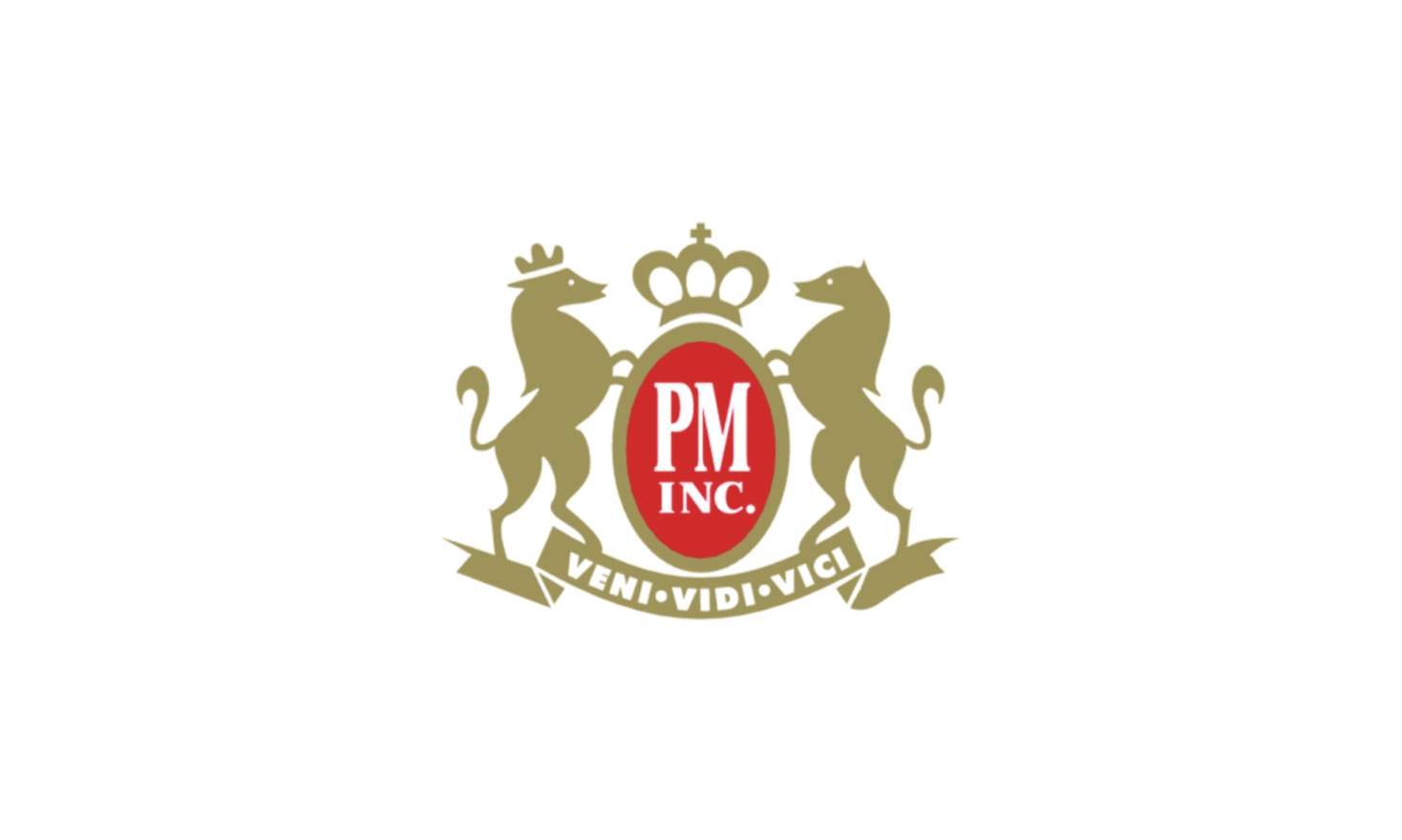
Philip Morris Expects Free Cash Flow to Continue Covering Dividend as Reduced-Risk Products Grow
Philip Morris reported earnings on July 21 and made clear that it remains committed to its dividend despite uncertainties created by the pandemic:
"Our balance sheet and financial position are strong, and our commitment to the dividend remains unwavering."
– CFO Emmanuel Babeau
As expected, lockdown measures and reduced social gatherings reduced demand for combustible cigarettes, which experienced a 17.6% decline in shipment volumes.
However, IQOS heated tobacco volumes grew by 24%, increasing Philip Morris's mix of reduced-risk products (RRPs) to 24% of net revenues (up from 18.7% in 2019 and 0.2% in 2015).
Philip Morris had expected its pace of IQOS user growth to slow as the pandemic would limit the firm's ability to engage with consumers face-to-face in retail stores.
Needless to say, management was pleased by the success Philip Morris had this quarter acquiring and retaining IQOS customers through digital channels, which are more scalable and cost efficient.
RRPs are critical to the company's future as more smokers are expected to seek cigarette alternatives in the years ahead.
This quarter was another signal that Philip Morris has solid momentum in converting smokers to IQOS, which should help offset future cigarette volume declines.
IQOS received more good news on July 7 when the U.S. Food and Drug Administration authorized the product to be marketed as a "modified risk" tobacco product.
IQOS is the first electronic nicotine product to receive this order. This signals that IQOS reduces exposure to the harmful chemicals contained in cigarette smoke and provides further validation and awareness of the offering for consumers.
Overall, Philip Morris appears to have a growing lead in RRPs over its rivals given the significant amount it has invested in this area (over $7 billion since 2008). We expect this to be an important long-term driver for the business.
That said, cigarettes continue generating the bulk of Philip Morris's cash flow today.
With the firm's payout ratio near 90%, it's important for this part of the business to remain steady while the transition to higher-margin RRPs continues.
Fortunately, after two very difficult months due to the pandemic, the firm's combustible business is now improving.
Management said industry volumes began recovering in June and the beginning of July as lockdown measures eased in many countries.
The European Union, Philip Morris's largest region (36% of operating income), drove the improvement, returning to growth in June despite a 7% overall decline in the second quarter.
With visibility improving, management was confident enough to reinstate guidance for the year calling for 2% to 5% currency-neutral adjusted EPS growth.
Operating margin expansion due to an increasing mix of RRPs is expected to more than offset a low-single digit revenue decline, which is being driven by transitory weakness in Indonesia (13% of 2019 volume) and duty-free sales (4%; hurt by weak travel demand).
Management also expects 2020 free cash flow to total at least $8.3 billion, which will more than cover the company's $7.3 billion dividend.
While guidance assumes national lockdowns in key international markets do not return, we continue to believe that Philip Morris maintains adequate financial flexibility to keep its dividend safe.

